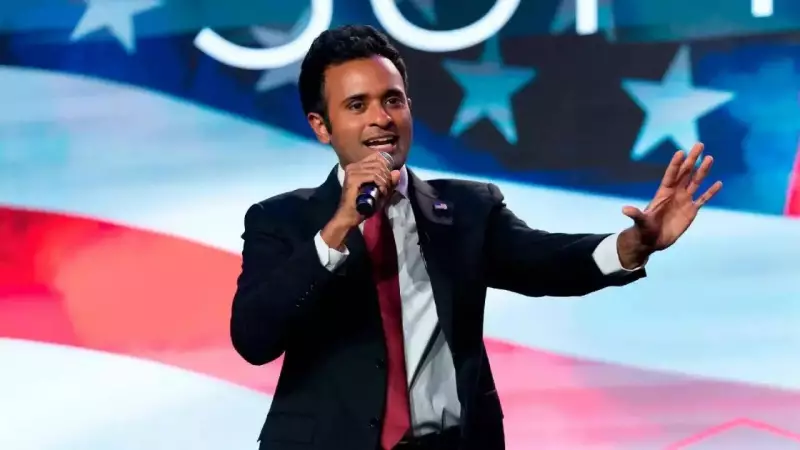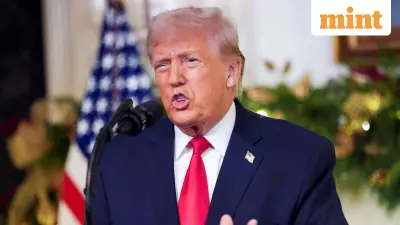
In a striking defense of Republican presidential candidate Vivek Ramaswamy, conservative commentator Lana Loomer has brought attention to an unexpected connection within American politics - the Indian heritage running through JD Vance's family.
The political firebrand took to social media to counter criticisms against Ramaswamy's background, making a compelling comparison that's turning heads across political circles. "You know who else has brown Indian kids? JD Vance," Loomer declared, putting a spotlight on the Ohio Senator's family ties to the Indian subcontinent.
The Indian Connection in American Conservative Politics
This revelation highlights the growing diversity within Republican leadership, challenging conventional perceptions about ethnic representation in American politics. Both Ramaswamy and Vance represent a new generation of conservative voices, but their shared connection to Indian heritage adds an intriguing layer to their political narratives.
Loomer's defense comes at a crucial time when identity politics continues to shape political discourse. Her comments underscore how ethnic backgrounds are becoming increasingly relevant in political defenses and attacks alike.
Brown Identity as Political Capital
The commentary raises important questions about how ethnicity factors into political strategy. By highlighting Vance's family background while defending Ramaswamy, Loomer effectively neutralizes racial criticisms that might be leveled against the presidential candidate.
This strategic move demonstrates how conservative commentators are adapting to changing demographic realities while maintaining their political messaging. The emphasis on shared heritage, rather than differences, represents a sophisticated approach to identity politics on the right.
What This Means for Indian-American Representation
The emergence of multiple prominent figures with Indian connections in conservative politics signals a significant shift. No longer confined to traditional Democratic affiliations, Indian-Americans are making their mark across the political spectrum.
This development could reshape how both parties approach Indian-American voters and address issues important to the community. As these political narratives unfold, the conversation around brown identity in American politics continues to evolve in unexpected directions.





